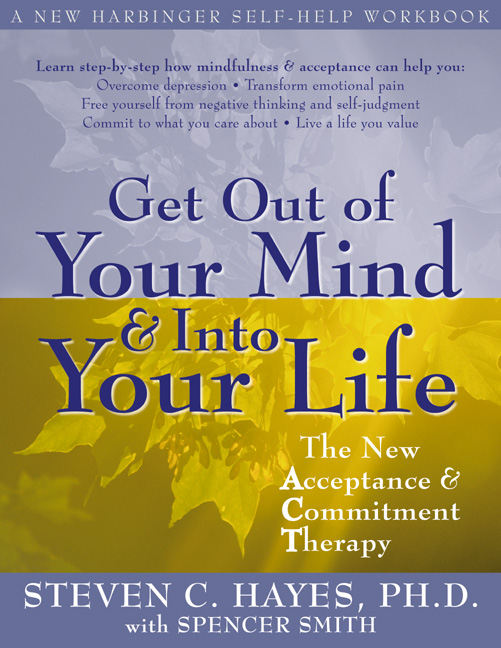Part four of a six-part series on ACT processes
We are not who we say we are—snippets and flickers woven into a shredded blanket of “me” that we defend at all costs. The story of who we are (“I am ___(insert content and evaluations here)” is just that: a story.
But underneath that blanket is the indestructible light of human consciousness. If you help clients find and manifest that light, you’ve given them a tremendous gift that will carry them through the darkest of life’s moments. But how can we detect this spiritual sense of self in session, if it is not to be found in the story of who we are?
Without the ability to take the perspective of others, people cannot function socially, but basic behavioral labs are learning that perspective-taking comes from a surprising place. Humans learn the “I/here/nowness” of consciousness only in relation to the “you/there/thenness” of the other. “I” get to show up as a spiritual being at the exact moment that “you” show up in the same way.
This startling insight from the relational frame theory labs tells us new ways to read this special sense of consciousness that is so helpful to acceptance and mindfulness work. If a client has significant difficulty taking the perspectives of others, or does not track your thoughts or feelings, the client is likely disconnected from the “I/here/nowness” of his or her own perspective. Make that same read if the client shows poor awareness of experience or defends his or her conceptualized self and tries to main a consistent self-story even when it is not useful or sensible to do so.
If you want to start clients down the path to their “no-thing” self, when they are talking with great angst about the painful content of their inner lives, ask a simple question: “And who is noticing that?” Then extend it by time, place, and person. E.g., “If you move ahead wisely from here over the next ten years and could look back at this moment and tell yourself something, what do you think it would be?” or “If you were me, what might you be thinking right now?”
“I” is not alone, cut off, or thing-like. At our deepest levels of consciousness, we are all interconnected. I am he as you are he as you are me and we are all together.
Catching up on the series? Read part one, part two, part three, part five, or part six now.

Steven C. Hayes, PhD, is Nevada Foundation Professor in the department of psychology at the University of Nevada, Reno. An author of forty-one books and more than 575 scientific articles, he has shown in his research how language and thought leads to human suffering, and has developed acceptance and commitment therapy (ACT)—a powerful therapy method that is useful in a wide variety of areas.
Spencer Smith, is a writer and editor based in Santa Rosa, CA. He is coauthor of The Memory Doctor.


 2024 Peace Playbook: 3 Tactics to Avoid Clashes with Your Partner
2024 Peace Playbook: 3 Tactics to Avoid Clashes with Your Partner